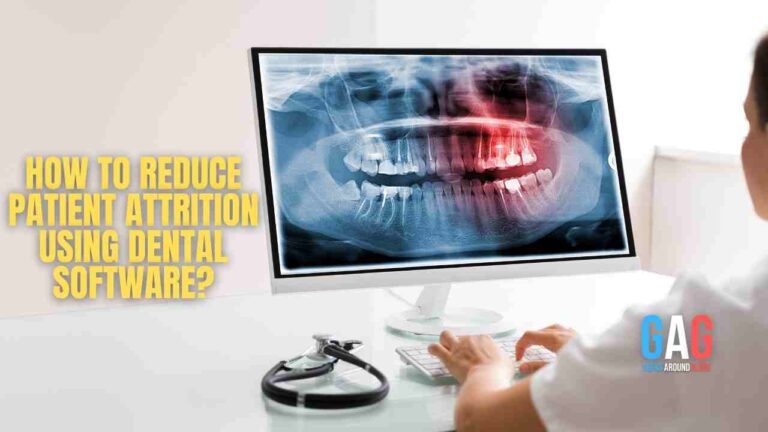When it comes to oral care for our little ones, it’s essential to be prepared for anything, from brushing their teeth to regular consultations with their dentist.
We must know these problems and know how to take care of them. So what are common dental problems in kids?
Below we’ve outlined six of the most common dental issues kids experience and how you can help them.
Early Childhood Caries
Early childhood caries (ECC), commonly referred to as baby bottle tooth rot, is one of the most prevalent dental conditions in children. It is preventable when sugary drinks, like milk or juice, are left on a child’s teeth for long periods.
The bacteria in the mouth use sugar to produce acids, which can cause tooth decay. The best way to prevent ECC is to ensure your child doesn’t drink sugary drinks during mealtimes and brush their teeth after every meal and snack.
If your child already has ECC, your dentist will likely prescribe a fluoride treatment or a mouth rinse to help reverse the damage.
Tooth Decay
It can be challenging to tell when your child has tooth decay. It can often start off looking like a simple cavity. But if it’s not treated, it can become a bigger problem.
It is crucial to take your child to the dentist for checkups. The dentist will be able to see any early signs of tooth decay and treat it before it becomes a more significant issue.
Gum Disease
Gum disease is one of the more prevalent dental issues in children. Symptoms include swollen, red gums, bleeding during brushing or flossing, and bad breath.
Consult your dentist right away if you observe any of these signs. If gum disease is not adequately treated, it can result in tooth decay and other issues with oral health.
Your dentist can recommend the best treatment plan for your child, which may include brushing, flossing, and using a mouthwash prescribed by the dentist.
Delayed Dental Development
If your child’s teeth take a while to come in, it probably does not cause for alarm. It’s common for primary teeth (or baby teeth) to come in late.
Most children have their first tooth by the time they’re six months old. But if your little one is closer to nine months old and hasn’t sprouted a tooth yet, that’s perfectly normal too.
Common delays in dental development can be caused by several factors, including genetics, premature birth, certain medical conditions, and even some medications.
So if you’re concerned about your child’s teeth, talk to their paediatrician or dentist. They’ll be able to ease your concerns and inform you of anything to be concerned about.
Malocclusion
Malocclusion is the misalignment of teeth, and it’s something that can cause a lot of problems if not addressed early on. The good news is that braces are usually used to treat a malocclusion.
If you think your child might have malocclusion, the best thing to do is take them to an orthodontist. They will be able to assess the severity of the problem and recommend the best course of treatment.
Malocclusion can sometimes be caused by thumb sucking or pacifier use. You can correct the problem by getting your child to stop these habits if this is the case.
Whatever the cause, it’s essential to treat malocclusion as soon as possible. Left untreated, it can lead to several problems, including difficulty chewing and speaking and even pain in the jaw and head.
Dental Fluorosis
Dental fluorosis is another common issue when kids consume too much fluoride. It may occur if they use excessive amounts of toothpaste or reside in a region where the water is naturally high in fluoride.
The good news is that dental fluorosis is purely cosmetic and doesn’t affect the function of the teeth. The bad news is that it can cause white spots or streaks on the teeth, which can be challenging to remove.
If your child does have dental fluorosis, the best thing to do is to have them see a dentist so they can discuss treatment options. In some cases, a simple teeth whitening procedure may be all that’s needed.
Conclusion
You can prevent these issues with your child’s teeth by ensuring that they brush twice daily and floss once daily. You can also help by ensuring they eat a healthy diet and avoid sugary drinks.
If your child has a dental problem, the essential thing you can do is take them to the dentist immediately. The sooner the problem is found, the easier it will be to treat.
So, don’t wait; call the dentist today if you have a problem with your child’s teeth.







